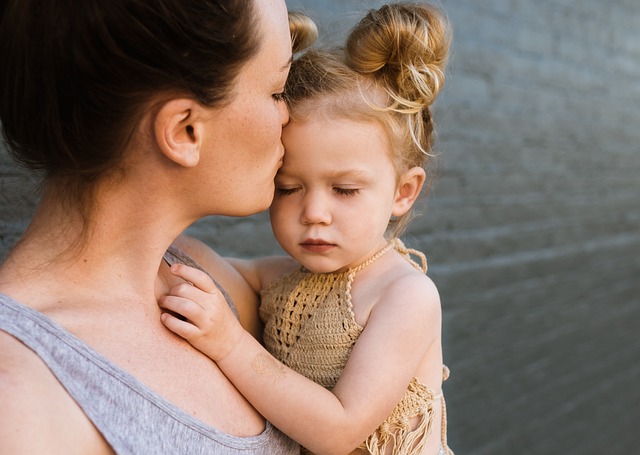In Oregon, custody laws prioritize children's best interests and offer clear guidelines for parental responsibilities, with joint custody as the default for married or agreeing parents. Unmarried or disputing parents face court decisions based on stability, relationship quality, and ability to meet the child's needs. Grandparents can petition for visitation or custody if they've established a significant bond. Navigating Oregon's complex custody laws requires understanding legal terms and seeking guidance from an experienced family law attorney. Key terms include sole vs. joint custody, temporary emergency custody, and grandparents' rights, all aimed at promoting stability and the child's best interests.
In Oregon, custody laws play a pivotal role in determining the care and well-being of children. Understanding these laws is crucial for grandparents seeking visitation or custody, especially when facing disputes with parents. This article provides an in-depth overview of Oregon custody arrangements, grandparent’s rights, and practical steps to navigate complex legal landscapes. By delving into sole, joint, and temporary custody options, the role of courts, and specific considerations for grandparents, this guide equips Oregonians with knowledge to advocate for their familial connections.
- Oregon Custody Laws: An Overview
- – Definition of legal custody
- – Types of custody arrangements (sole, joint, temporary)
Oregon Custody Laws: An Overview

In Oregon, understanding custody laws is crucial for grandparents seeking access and rights to their grandchildren. The state’s legal framework aims to ensure the best interests of the child while providing clear guidelines for parental responsibilities and visitation privileges. According to Oregon custody laws, both parents share joint custody of a child by default if they are married or have a mutual agreement. However, in cases where parents are unmarried or disagree on custody arrangements, the court will make decisions based on factors like stability, relationship quality, and each parent’s ability to meet the child’s needs.
Grandparents’ roles and rights are also addressed under these laws. While they may not have automatic custody, grandparents can petition the court for visitation or custody if they can demonstrate a significant relationship with the child and that it’s in the child’s best interest. Understanding custody laws in Oregon requires familiarity with various legal terms and considerations, making it essential to consult with an experienced family law attorney for guidance tailored to their specific situation.
– Definition of legal custody

Legal custody refers to the rights and responsibilities granted to a guardian or parent regarding the care and decision-making for a child. In Oregon, when discussing custody laws, understanding legal custody is crucial. It encompasses not only physical possession of a child but also the authority to make significant decisions on their behalf, including medical choices, education, and religious upbringing. Grandparents, as any other guardians, have specific rights and obligations under Oregon’s custody statutes, which aim to ensure the best interests of the child are prioritized.
Oregon’s custody laws are designed to provide a framework for resolving disputes, especially when grandparents seek visitation or wish to challenge existing custody arrangements. The state recognizes different types of custody, including sole legal custody, shared legal custody, and temporary emergency custody. Each scenario has its own implications and legal procedures, reflecting the complex nature of family dynamics and the diverse needs of children and their guardians.
– Types of custody arrangements (sole, joint, temporary)

In Oregon, family law governs the complex issue of child custody, offering various arrangements to accommodate different family dynamics. The primary types include sole custody, joint custody, and temporary custody. Sole custody grants a single parent the legal authority to make all significant decisions regarding the child’s upbringing. On the other hand, joint custody involves both parents sharing these rights and responsibilities, promoting collaboration in parenting. In certain situations, courts may award temporary custody, especially during conflicts or when a parent needs time to address personal matters, ensuring the child’s well-being remains a top priority.
Understanding custody laws in Oregon is crucial for grandparents who wish to be involved in their grandchildren’s lives. Grandparents’ rights are recognized and protected, allowing them to petition for custody or visitation if circumstances allow. These arrangements can provide stability and foster meaningful relationships within families, ensuring that the best interests of the child remain at the heart of every decision.














